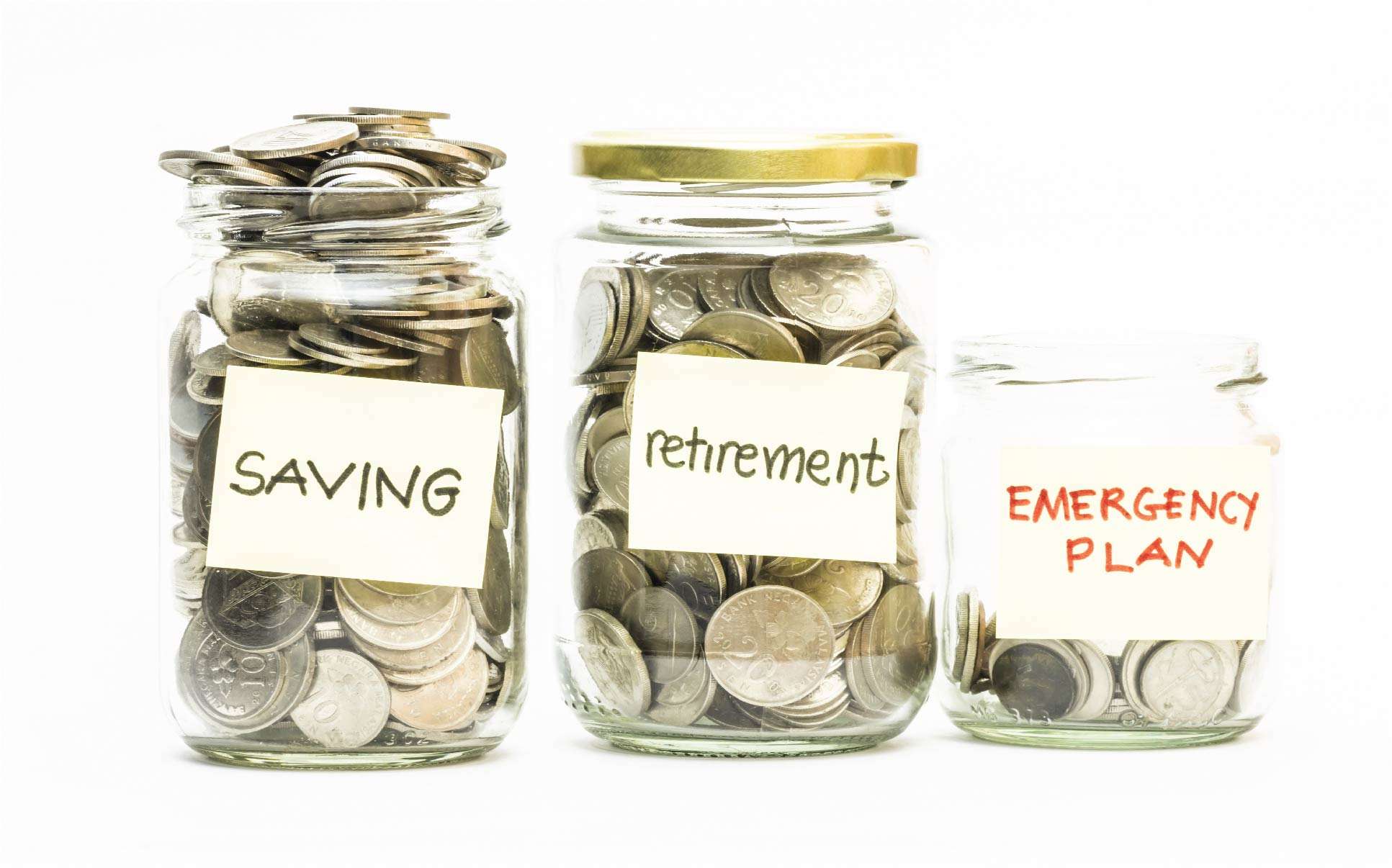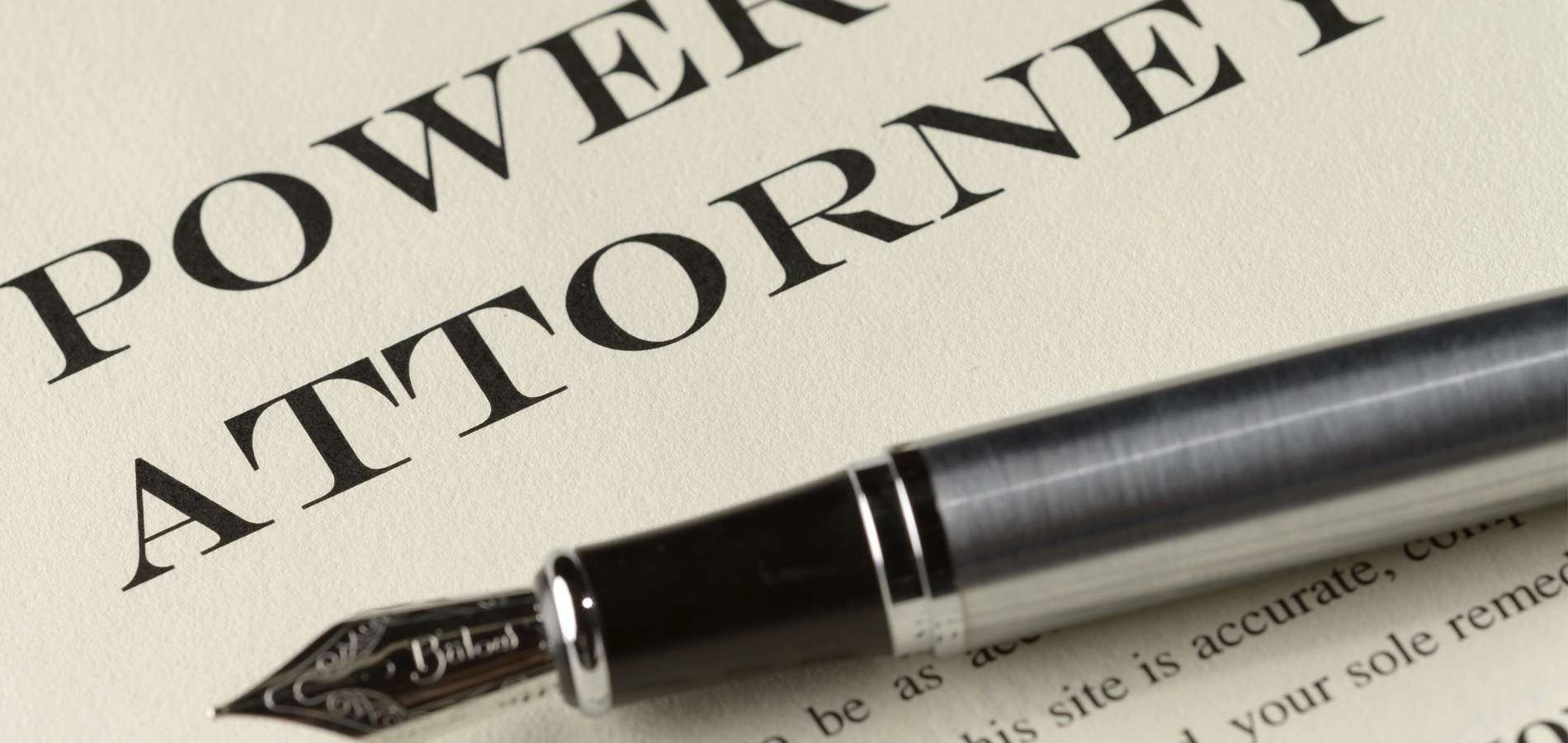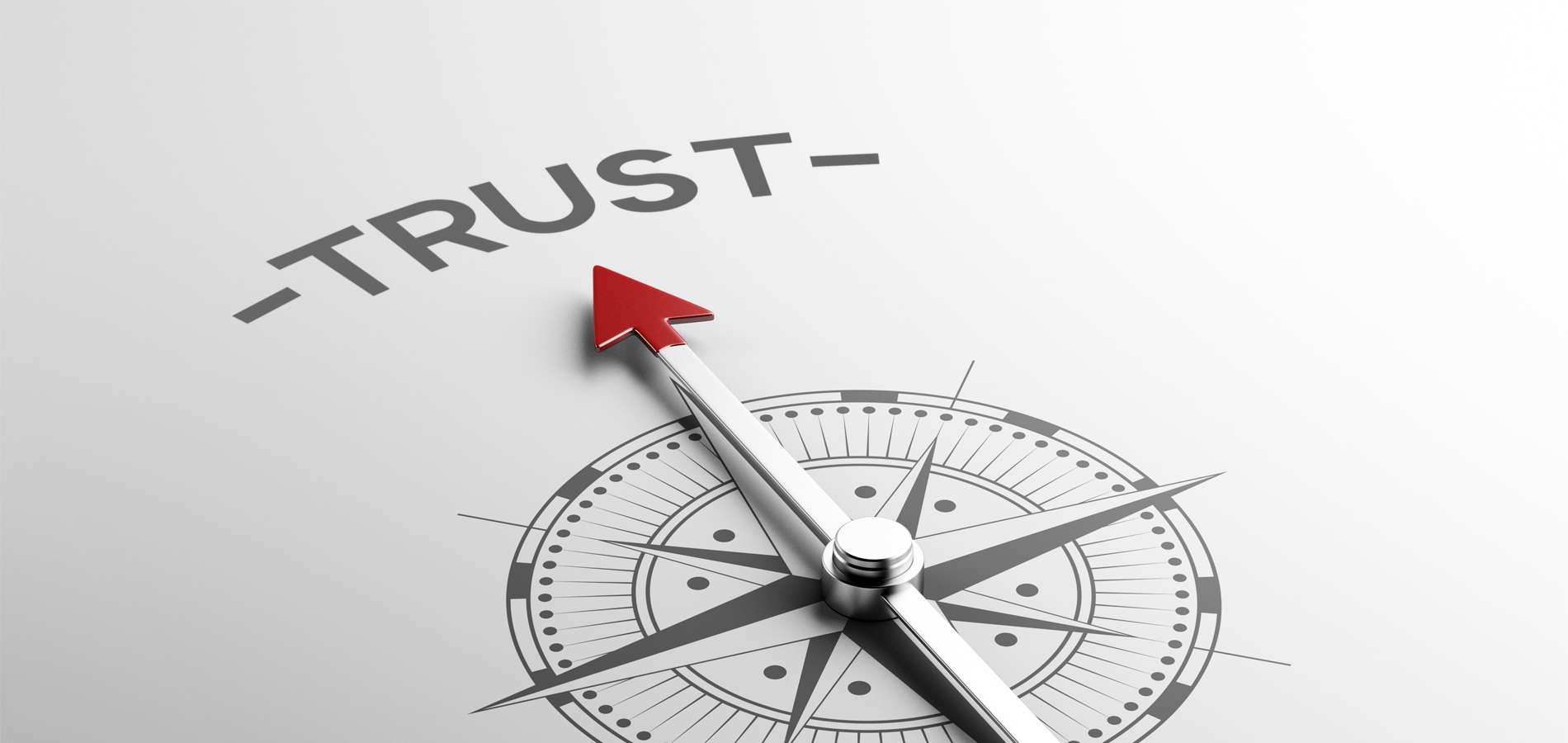You are leaving our website. We are not endorsing or guaranteeing the products, information or recommendations provided by the organizations linked to our website. We are not liable for any failure of products or services advertised on those sites. We are not responsible for the validity, collection, use or security of information by organizations that may be linked to our website. We encourage you to read the privacy policies of websites reached through the use of links from our website.
You are leaving our website. We are not endorsing or guaranteeing the products, information or recommendations provided by the organizations linked to our website. We are not liable for any failure of products or services advertised on those sites. We are not responsible for the validity, collection, use or security of information by organizations that may be linked to our website. We encourage you to read the privacy policies of websites reached through the use of links from our website.
You are leaving our website. We are not endorsing or guaranteeing the products, information or recommendations provided by the organizations linked to our website. We are not liable for any failure of products or services advertised on those sites. We are not responsible for the validity, collection, use or security of information by organizations that may be linked to our website. We encourage you to read the privacy policies of websites reached through the use of links from our website.









